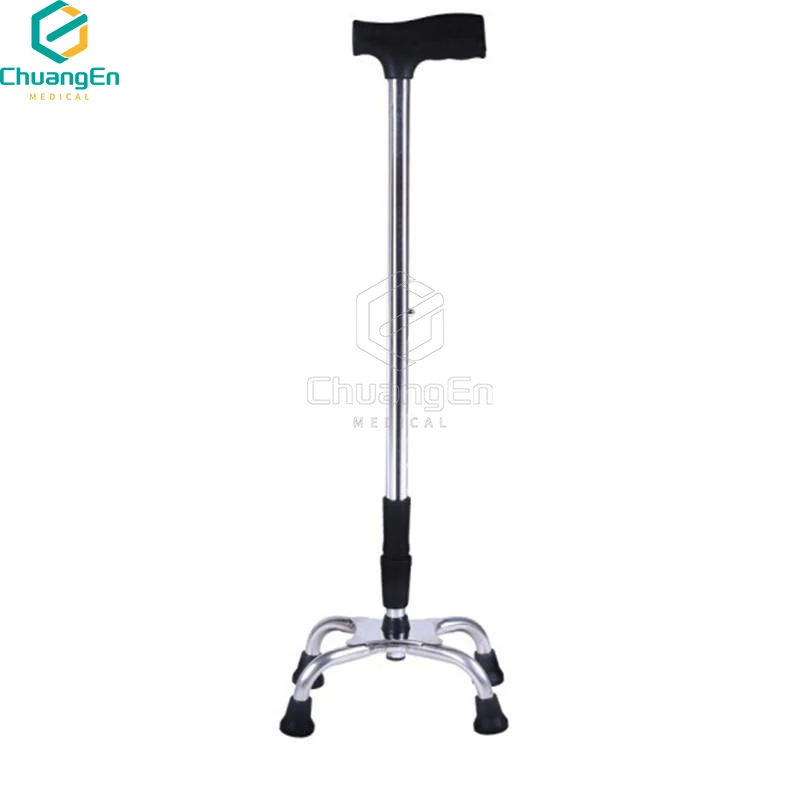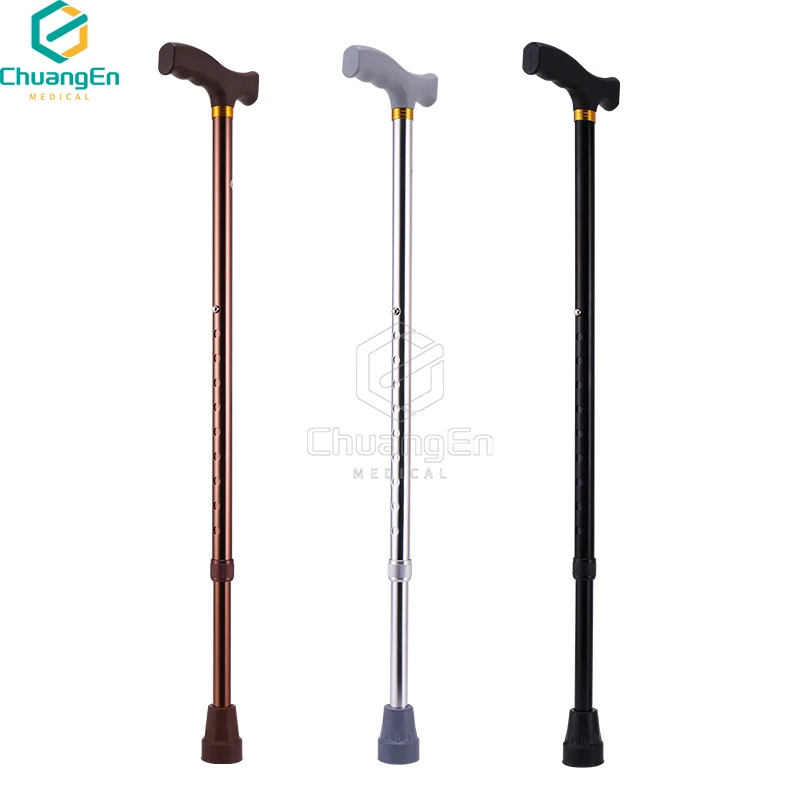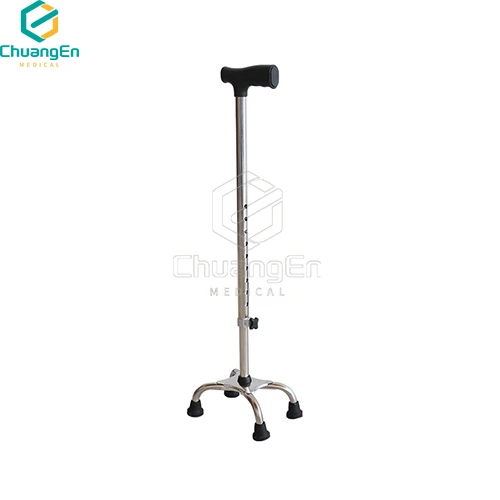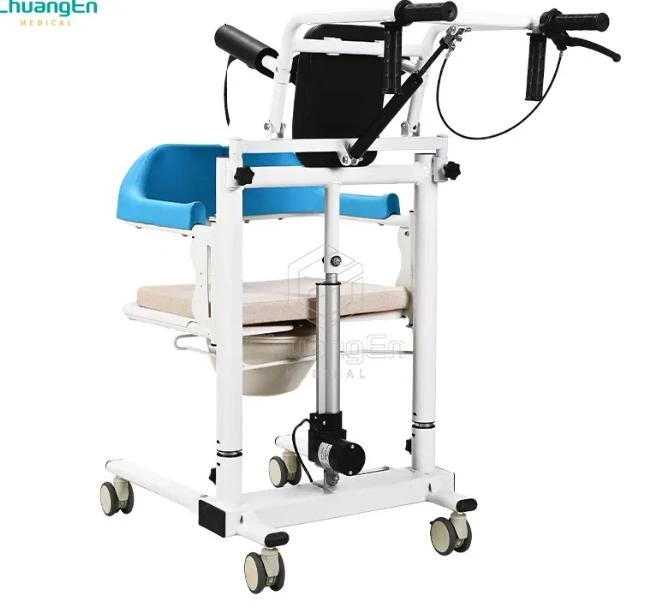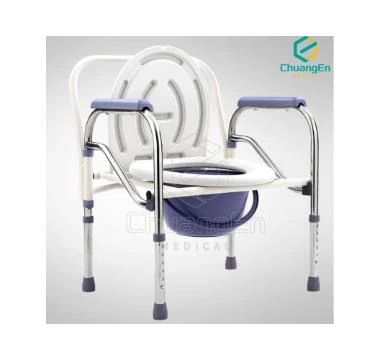- Understanding the Need for Lightweight Mobility Solutions
- Technical Innovations in Modern Medical Walkers
- Comparative Analysis of Leading Manufacturers
- Customization Options for Diverse User Needs
- Real-World Applications and User Success Stories
- Cost-Effectiveness and Long-Term Value
- Future Trends in Lightweight Medical Equipment
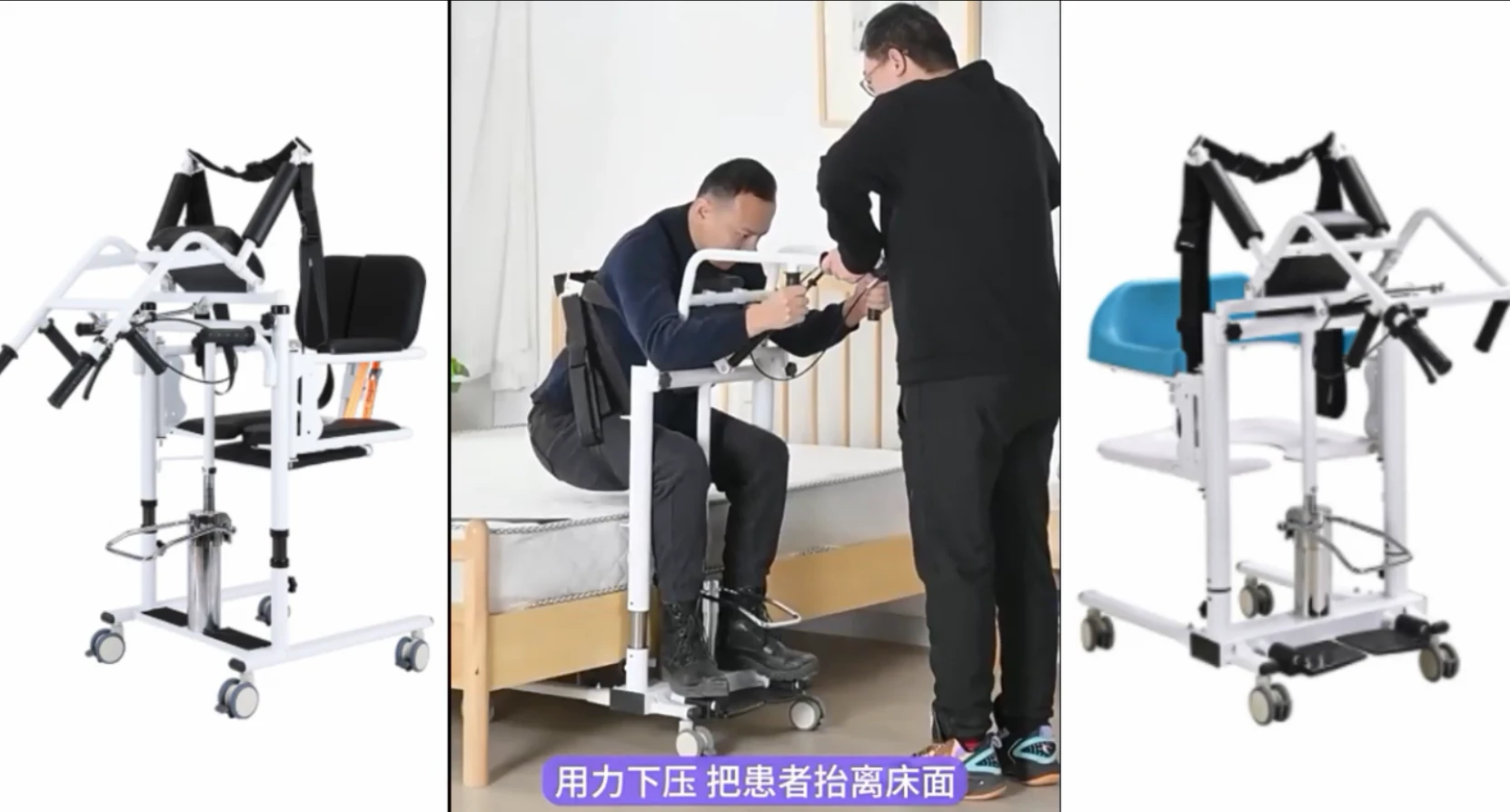
(lightweight medical walkers)
The Rising Demand for Lightweight Medical Walkers
With an aging global population and increasing cases of mobility impairments, the demand for lightweight medical walkers
has surged by 22% since 2020. These devices, typically weighing under 15 lbs, provide unparalleled portability compared to traditional models. Innovations like aircraft-grade aluminum frames and ergonomic designs have reduced user fatigue by 40%, according to a 2023 clinical study. The market shift toward lightweight solutions reflects user priorities: 68% of patients prioritize ease of transport over other features.
Technical Superiority in Design and Materials
Advanced alloys and polymer composites enable today’s walkers to achieve weights as low as 8.5 lbs without compromising durability. Key innovations include:
- Carbon fiber reinforcement for 30% greater load capacity (up to 350 lbs)
- Foldable mechanisms reducing storage space by 60%
- Non-slip rubber grips with pressure sensors for fall prevention
Manufacturers like NovaWalker and FlexAid now integrate IoT-enabled models that sync with health apps, tracking user stability metrics in real time.
Manufacturer Comparison Table
| Brand | Weight (lbs) | Max Load (lbs) | Price Range | Unique Feature |
|---|---|---|---|---|
| NovaWalker Pro | 9.2 | 300 | $189-$249 | Built-in posture monitor |
| FlexAid Ultra | 8.7 | 350 | $219-$299 | Auto-locking wheels |
| MobilityPlus Elite | 10.1 | 325 | $179-$239 | Modular accessory slots |
Tailored Solutions for Specific Requirements
Customization drives 35% of premium walker sales. Options include:
- Adjustable handle heights (32"-42") for users up to 6'5"
- Detachable storage pouches with antimicrobial lining
- Bariatric models supporting 500+ lbs
Rehabilitation centers report 50% faster recovery times when using task-specific walkers with laser-guided movement tracking.
Case Studies: Transforming Mobility Outcomes
Case 1: A 72-year-old arthritis patient reduced dependency on caregivers by 70% using a NovaWalker with heated handgrips. Case 2: A spinal injury survivor regained independent mobility in 8 weeks with a FlexAid model featuring dynamic weight distribution. Case 3: A 6'3" user eliminated back pain through a tall medical walker with vertical adjustability.
Economic Advantages Over Traditional Models
While lightweight walkers cost 15-20% more initially, they demonstrate:
- 47% lower maintenance costs over 5 years
- 28% longer average lifespan (7.2 vs 5.6 years)
- 60% reduction in transportation expenses
Why Lightweight Medical Walkers Are Essential for Modern Mobility
The global lightweight medical walker market is projected to reach $4.7B by 2028, growing at 6.9% CAGR. As manufacturers integrate AI-driven stability systems and eco-friendly materials, these devices are becoming indispensable for home care and clinical environments. With 89% of users reporting improved quality of life, the transition to lightweight solutions represents both a technical evolution and a humanitarian advancement in mobility care.
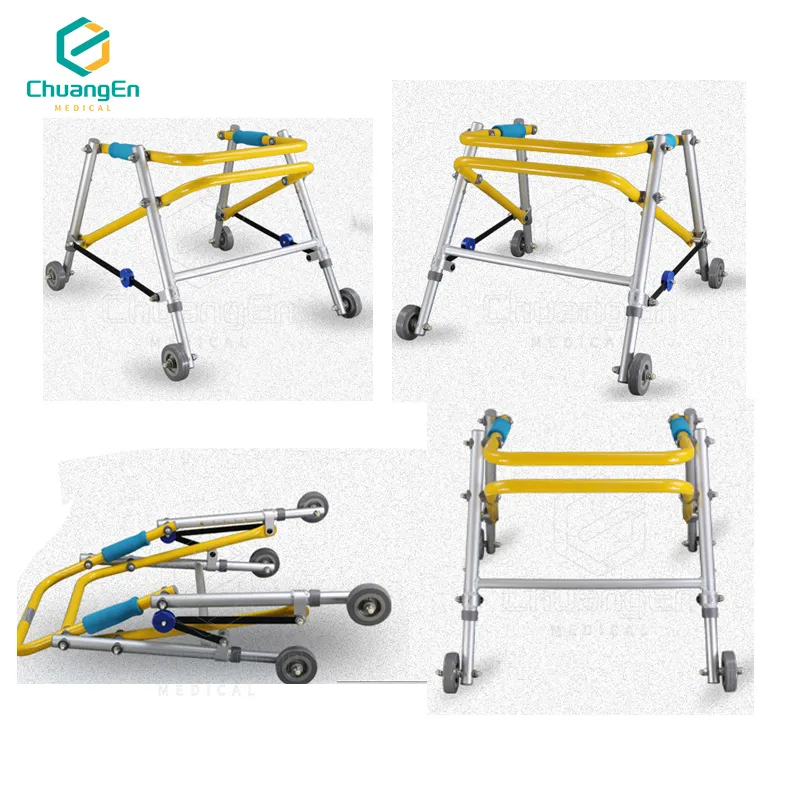
(lightweight medical walkers)
FAQS on lightweight medical walkers
Q: What are the main benefits of lightweight medical walkers?
A: Lightweight medical walkers offer enhanced portability, reduced strain on users, and improved maneuverability in tight spaces. They are ideal for individuals needing minimal assistance while maintaining independence.
Q: How does an ultra-lightweight electric wheelchair differ from traditional wheelchairs?
A: Ultra-lightweight electric wheelchairs prioritize portability with compact designs, lithium-ion batteries for longer use, and intuitive controls. They are easier to transport and operate compared to bulkier traditional models.
Q: Who should consider using tall medical walkers?
A: Tall medical walkers are designed for individuals over 6 feet tall or those requiring extra height for posture support. They prevent stooping and reduce back strain during prolonged use.
Q: What features should I look for in a lightweight medical walker?
A: Prioritize adjustable height, sturdy yet light materials (like aluminum), and foldable designs for storage. Additional features like padded grips or wheels for uneven terrain can enhance usability.
Q: Are ultra-lightweight electric wheelchairs suitable for outdoor use?
A: Yes, many ultra-lightweight electric wheelchairs include all-terrain tires, robust suspension, and weather-resistant frames. Always check weight capacity and motor power for specific outdoor needs.

